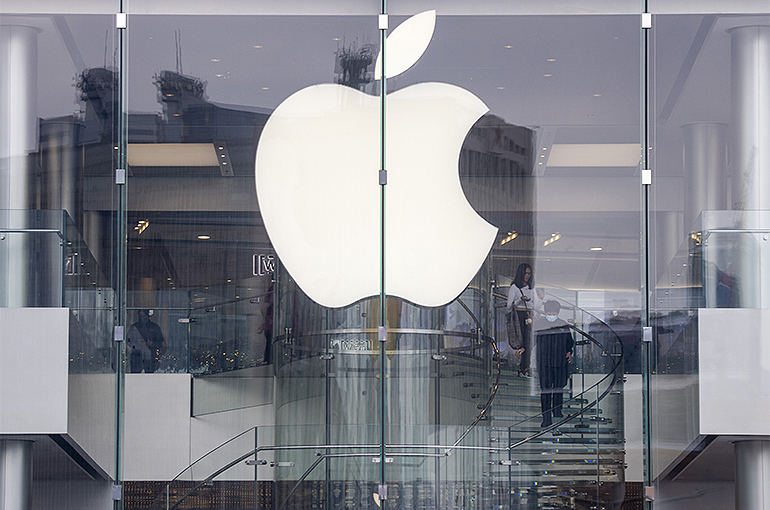 Apple Scrapped Car Project as It Couldn’t Succeed Without China Supply Chain
Apple Scrapped Car Project as It Couldn’t Succeed Without China Supply Chain(Yicai) May 14 -- Apple abandoned its decade-long car project in February because the iPhone maker would have been unable to realize its plans without relying on China's supply chain.
China already has a complete new energy industry supply chain, without which Apple’s vehicle project would have faced unsustainably high costs. But the US technology giant decided that the geopolitical risks from establishing its car supply chain in China were simply too high.
As China's economy expands and becomes more technologically advanced, developed countries have been resorting to trade protection measures to resist Chinese competition. New energy vehicles have become a focal point in this, with the European Union having launched a trade probe into Chinese NEVs and the United States continuing its tech blockade.
While Apple has abandoned its car manufacturing plans, Chinese rival Xiaomi has brought out its first model, the SU7, becoming the latest tech company to jump into the NEV market.
After announcing its auto plans, Beijing-based Xiaomi managed to achieve mass production and deliveries in just three years, with an investment of CNY10 billion (USD1.4 billion). This clearly demonstrates the significant advantages of China's NEV supply chain.
In China’s Yangtze River Delta region nowadays, an auto factory can address most of its component supply needs from companies within a four-hour drive. For instance, it can source chips and software from Shanghai, batteries from Changzhou in Jiangsu province, and body casting equipment from Ningbo in Zhejiang province. Such industrial clusters have helped Chinese automakers cut costs and speed up production.
China is also producing a steady stream of talent in the NEV field. Shenzhen-based BYD, the world's top NEV maker by sales, recruited 31,800 university graduates last year, with 61 percent of them holding master's and doctoral degrees. About 80 percent will be involved in research and development.
Intense competition among a lot of companies and the emergence of a large talent pool have helped to create a comprehensive supply chain. This process is being seen not only in the NEV industry, but throughout China’s manufacturing sector.
The author is a professor of economics at Cheung Kong Graduate School of Business.
Editors: Dou Shicong, Tom Litting